Actually, You ARE Special
Bill Ivey is Middle School Dean at all-girl Stoneleigh-Burnham School in Greenfield MA, where he also teaches Humanities 7, French, and the Middle and Upper School Rock Bands. Bill is the advisor for MOCA, the middle school student government, and he coordinates and participates in the middle school service program. We also recommend Bill’s earlier post for MiddleWeb about stereotyping, Hungering for a Better World.
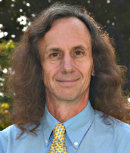 by Bill Ivey
by Bill Ivey
“You are not special. You are not exceptional.”
Maybe you’ve heard about the “You’re not special” graduation speech given by David McCullough, Jr. to the Class of 2012 of Wellesley (MA) High School. In fact, it’s likely you have. The speech quickly went viral. (McCullough is a teacher at the school and the son of the Pulitzer Prize-winning historian.)
Initially, it was kind of fun, especially since my nephew was in that graduating class. I’d see a retweet, or a link would come through on Facebook, and I’d write back “Thanks for sharing. Great speech. My nephew was actually one of the graduates that day.” But over time, it began to be a bit irritating. When a forwarded email appeared in my inbox with the subject header, “The most honest three and a half minutes of television, EVER; and most Honest Graduation Speech, EVER,” something snapped. Maybe it was the phrase “most honest,” or the all-caps “EVER.”
For the record, I certainly don’t mind personally being told I’m not special (although I’d prefer it if you were gentle about it). But don’t go saying it about my students, and don’t go saying it about my family.
Who is special?
When I first heard about the speech, it took me back to my Humanities 7 classroom this year and a question one of the students asked. It’s a question very much on kids’ minds, as this is at least the third time it’s come up over the seven years I’ve taught the class. “Bill, people are always telling us we’re special. But if everyone is special, doesn’t that mean that no one is special?”
What might David McCullough have said to that question if asked by one of his own students? What clues lie in the text of his speech? Part of his answer might lie in the evidence he gave to support his central thesis.
Across the country no fewer than 3.2 million seniors are graduating about now from more than 37,000 high schools. That’s 37,000 valedictorians… 37,000 class presidents… 92,000 harmonizing altos… 340,000 swaggering jocks… 2,185,967 pairs of Uggs.
He points out that if you are one in a million, that simply means “there are nearly 7,000 people just like you.” Referring to Walt Whitman and Epictetus, he concedes we are each our own personal version of perfection and we each have the spark of Zeus, concluding nonetheless, “You see, if everyone is special, then no one is.”
But that would only be part of the answer. He continues to state that “we have of late, we Americans, to our detriment, come to love accolades more than genuine achievement.” And the true core of his speech is less about who you are than what you do and how you do it. Your life is what you make of it.
“I urge you to do whatever you do for no reason other than you love it and believe in its importance. (…) Love everything you love, everyone you love, with all your might. (…) The fulfilling life, the distinctive life, the relevant life, is an achievement… what happens when you’re thinking about more important things. (…) Carpe the heck out of the diem. (…) The great and curious truth of the human experience is that selflessness is the best thing you can do for yourself. The sweetest joys of life, then, come only with the recognition that you’re not special. Because everyone is.”
In short, Mr. McCullough might answer my student’s question by saying, “You’re not special. Because everyone is. So as you go through life, carpe the heck out of the diem. Make something of your life.”
We make each other special
In a way, then, my response to Mr. McCullough’s speech may be exactly what he might want. I am loving my students, my family, with all my might. I’m well aware that there are teachers in every school who believe their students are special, and relatives everywhere who believe their families are special. And you know what? We’re all right. Because we have made it so. Like the fox and the prince in Antoine de Saint Exupéry’s “The Little Prince,” we have tamed each other — to each other, we are unique in all the world.
I remember one of the hardest lessons I learned in the years following my own high school graduation: there actually is no finish line that delineates adulthood. We continue to be works in progress throughout our lives. For each member of my school community, Stoneleigh-Burnham’s mission “to be your own best self” doesn’t end on graduation day. It’s something that continues throughout our lives. Special though we may be, we are continually defining who we are by our actions; we must consciously and continually work to be our own best selves.
My answer to my student cut to the chase
So what was my own answer to my student’s question about being special? We must have had something awfully pressing to do that day, at least in my mind, because rather than responding with a question of my own as I normally would, I cut quickly to the chase and simply told her: “It’s a great question. Personally, I’ve come to think that we are all special in that there is only one of each of you. There is no one else anywhere like you — and because of that fact, none of us is more special than anyone else.”
She smiled and nodded, and we all moved on.
And if so, perhaps “the sweetest joys of life” come not exactly “with the recognition that you’re not special” but rather with the recognition that we all are equally special. My students, my family. And me. And you.














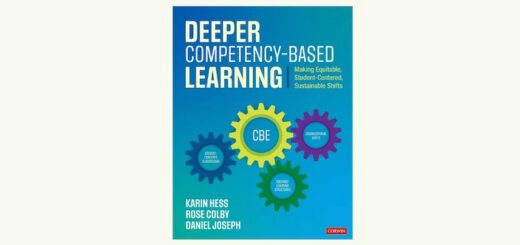

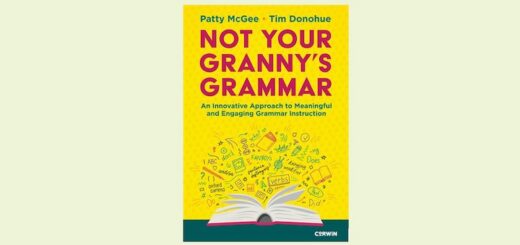
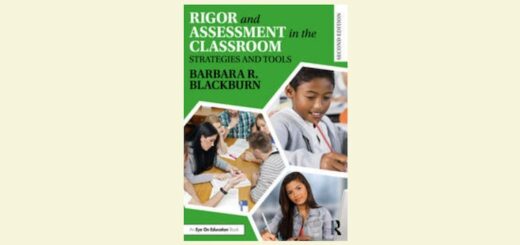

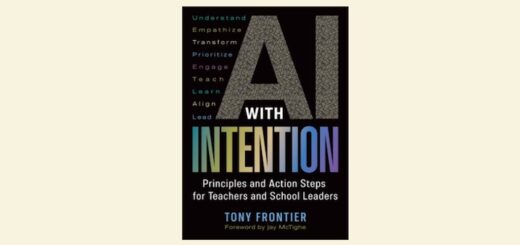







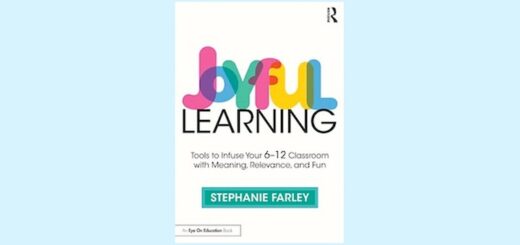






1 Response
[…] Bill Ivey is Middle School Dean at all-girl Stoneleigh-Burnham School in Greenfield MA, where he also teaches Humanities 7, French, and the Middle and Upper School Rock Bands. Bill is the advisor for MOCA, the middle school student government, and he coordinates and participates in the middle school service program. Bill’s other MiddleWeb posts include Hungering for a Better World and Actually, You ARE Special. […]